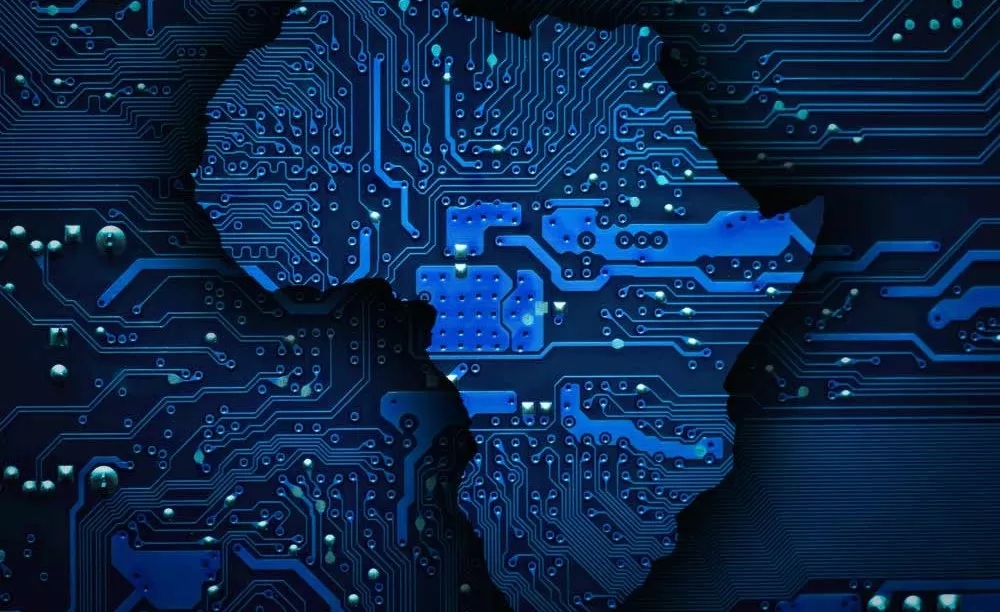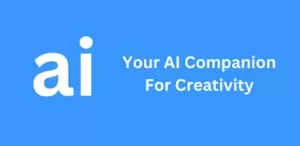
The Digital Revolution
The advancement of digital technology is among the phenomena that are very apparent indications of the modernisation of Africa. Mobile internet connections in Sub-Saharan Africa are projected to grow to 39% in 2025 from 26% in the 2020, GSMA said. Such an upsurge is attributed to cheap Smartphone handsets and growing Mobile Operating Networks. Today countries such as Kenya and Nigeria are leading, mainly because mobile technology creates new industries and, thus, employment.
Mobile money service in Kenya known as M-Pesa is a vivid example of how African people are innovative. This has transformed the money transfer and hence financial facilities since it has opened the means for people with no access to bankers checks to transfer money, save and access credit. ”M-Pesa not only opened up financial services to people but has equally given everyone the ability to be his or her own boss and be an entrepreneur” says Professor Bitange Ndemo a renowned ICT policy expert in Kenya.
Renewable Energy Initiatives
Africa is also moving in the right direction toward renewables as the following data and analysis will show. Prospective energy deficits in Africa that have limited growth are being resolved by exploiting the huge solar and wind power. According to the World Bank, Africa could produce 11MW of solar power while the continent’s present required energy is very low.
There is the Noor Ouarzazate Solar Complex in Morocco which can be deemed as one of the biggest solar power stations globally; Africa has been deemed as committed to the idea of sustainable energy use. This initiative not only offers top-notch energy but also opens the opportunity to employ the people and boost the economy that does not depend on the non-renewable resources. ’There is a project to turn Africa into the world’s largest producer of renewable energy,” added Adnan Amin, Former Director-General of the International Renewable Energy Agency (IRENA).
Technological Innovations in Agriculture
Farming continues to be an important economic activity in most African countries, the 4th industrial revolution has continued to change the agriculture industry. Farmers are now selling their produce online and receiving market information as well as agricultural information and even banking services by the use of weather mobile applications.
For point, the Ghanaian mobile technology platform Esoko disseminates market prices; weather; and farming information to growers. This has assisted the farmers in making the right decisions and thus improving their yield and minimizing on cases of loss. It is not just about yield says the founder and CEO of Esoko, Mark Davies , technology in agriculture is about farmers and prosperity of rural areas.
Education and E-Learning
Education too, in Africa for instance has not been spared the changes brought about by this improved digital technology. Modern technology enhances learning institutions through delivery of education to students in all over the world mainly through e-learning. The African Virtual University AVU an online education, institution has availed education in the higher learning institutions to thousands of students in the continent.
However, Innovation that has brought education closer to the society, such as the Nigeria’s uLesson App which provides videos, quizzes and an individualized learning process successfully navigate through the system. ”E-learning is now providing solutions and new chances for students in Africa “as stated by Sim Shagaya, the founder of uLesson.
Obstacles and the Future
However, Africa still has huge challenges such as infrastructural deserts, political instabilities, and the era of ‘Digital divide’. However, due to antithetical factors, African countries presented a mixed outlook of hope in the face of adversities, as well as pessimism.
AfCFTA seeks to increase intra-Africa trade and the rate of industrialisation in Africa. Due to the establishment of the AfCFTA, the trade in goods and services within the African continent is set to improve with the intention of boosting the economic development.
Conclusion
Africa transition to modernity is characterized by fairly notable strides in both the technological and developmental spheres. Be it in the field of mobile banking, renewable energy, agricultural innovations, e-learning, and many more, the continent is using the technology to tackle the challenges that exist and build the future that is prosperous. While Africa is still undergoing these changes, it expects to not only follow the rest of the world in these affairs but to outdo them in a number of directions of development.





